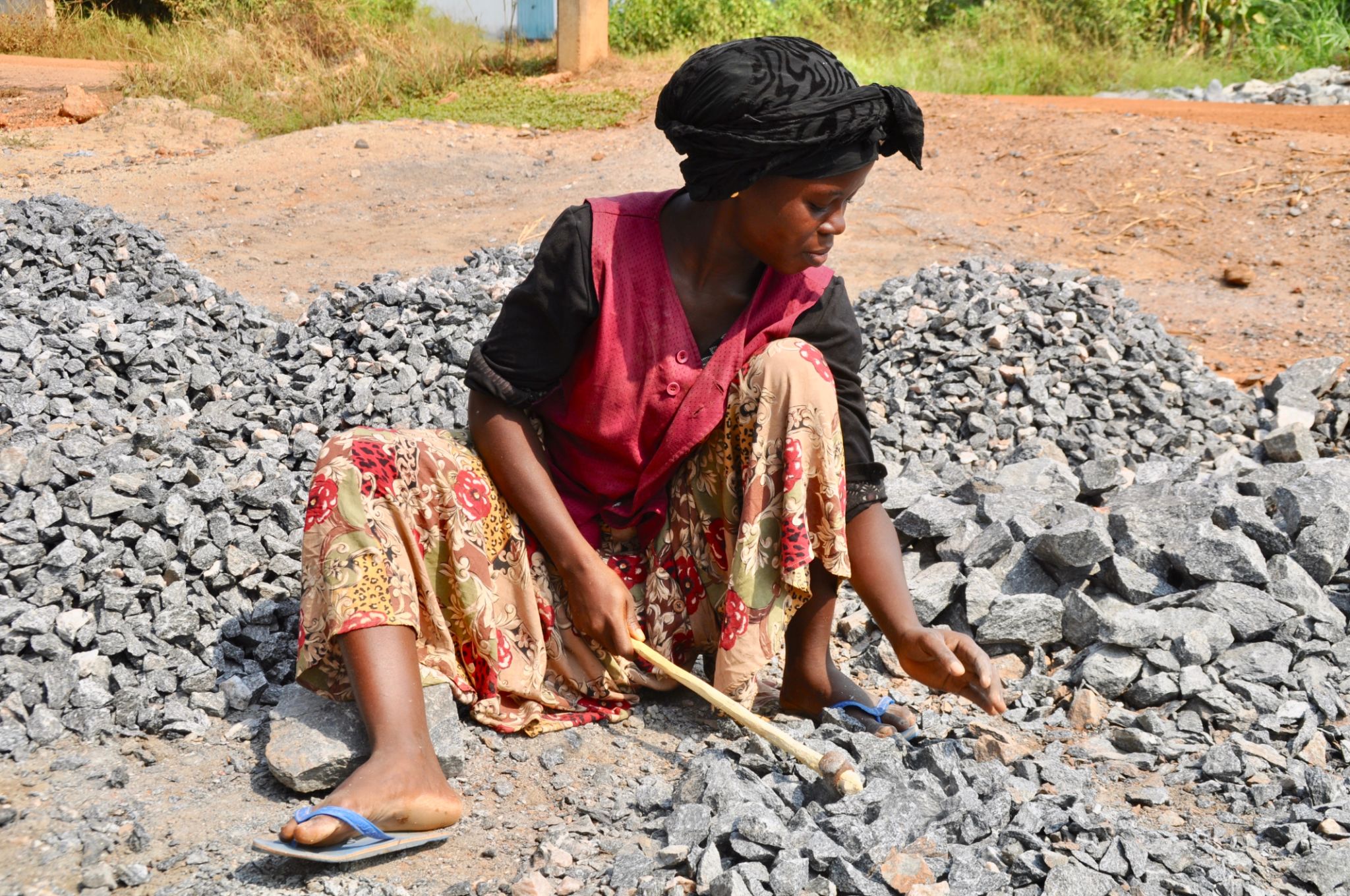The Future of Sustainable Building Practices in Ghana: Innovations and Opportunities
Exploring Sustainable Building Practices in Ghana
As the world moves towards more environmentally friendly solutions, Ghana is emerging as a leader in sustainable building practices. With a growing awareness of climate change and the need for eco-friendly construction methods, the country is poised to embrace innovative solutions that promise both sustainability and economic growth. This transition not only benefits the environment but also creates new opportunities for businesses and communities.

Innovative Materials and Techniques
One of the most promising aspects of sustainable building in Ghana is the use of innovative materials and techniques. Local resources like bamboo and compressed earth blocks are gaining popularity as alternatives to traditional construction materials. These materials are not only renewable but also cost-effective, reducing the overall environmental impact of construction projects.
Moreover, the incorporation of green roofs and solar panels is becoming more prevalent. These technologies help reduce energy consumption and promote a healthier living environment. By harnessing natural resources, buildings can achieve greater energy efficiency, which is crucial for sustainability.
The Role of Government Policies
The Ghanaian government plays a significant role in promoting sustainable building practices through various policies and incentives. By implementing building codes that emphasize energy efficiency and environmental responsibility, the government encourages developers to adopt greener practices. Additionally, tax incentives and subsidies for renewable energy installations are motivating more businesses to invest in sustainable technologies.

Opportunities for Local Businesses
Sustainable building practices in Ghana are opening up a plethora of opportunities for local businesses. From construction companies specializing in eco-friendly techniques to suppliers of green materials, the market is expanding rapidly. This growth not only supports economic development but also fosters innovation within the industry.
Furthermore, as awareness of sustainable practices grows, there is an increasing demand for skilled professionals in this field. Educational institutions are beginning to offer courses and training programs focused on sustainable construction, equipping the next generation with the necessary skills to drive this movement forward.
Community Impact and Engagement
Sustainable building practices are also having a positive impact on local communities. By prioritizing eco-friendly methods, communities can enjoy healthier living environments with improved air quality and reduced pollution. Moreover, these practices often involve community engagement, ensuring that local voices are heard in the planning and development processes.

The adoption of sustainable building practices in Ghana signifies a promising future where economic development and environmental stewardship go hand in hand. As more stakeholders recognize the importance of sustainability, the country stands at the forefront of innovation, setting an example for others to follow.
The Path Forward
While challenges remain, such as the need for more widespread infrastructure and education on sustainable practices, the momentum in Ghana is undeniable. By continuing to invest in research and development, and fostering partnerships between the public and private sectors, Ghana can further solidify its position as a leader in sustainable building.
In summary, the future of sustainable building practices in Ghana is bright, offering numerous innovations and opportunities for growth. By embracing these changes, Ghana not only contributes to global environmental goals but also enhances its own economic resilience and community well-being.
